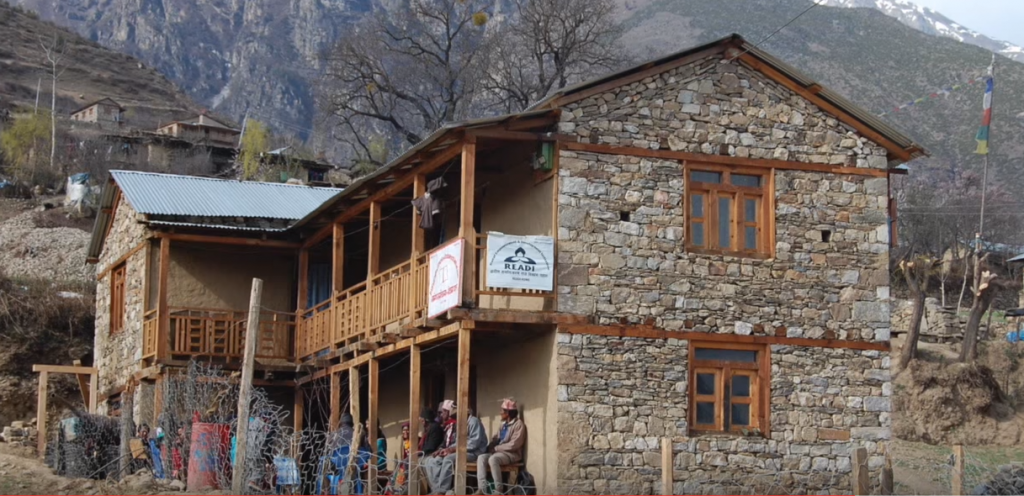Snow Lion Foundation, Nepal – Personal Protection Equipment for Tibetan Healthcare Workers in Nepal
Project # 331 – 2020

For six months, until the end of September, 2020, the Central Tibetan Administration (CTA) was able to fund, with support from the United States, all the COVID-19 related expenses of the Tibetan clinics, health posts and hospitals in India and Nepal, but that funding ran out at the end of September. The Department of Health has urgently requested all the friends of Tibet to help in the struggle to keep the virus at bay in the many settlements.
So far, they have done a superb job of training staff and teaching the residents to follow good practices. Now they need protective equipment, testing capabilities and medical supplies to continue keeping their population safe. 1,043 Tibetans in India and Nepal have caught the virus and, sadly 23 have died.
The Department of Health has created an excellent plan of quarantine, containment, testing, tracing and treatment – but it will only happen with funding. Out of the request for $140,000 to cover costs for one year, TRAS promised to pay the $14,000 needed to purchase a year’s worth of personal protective equipment (PPE) for all the staff and helpers in the 12 Nepali clinics.
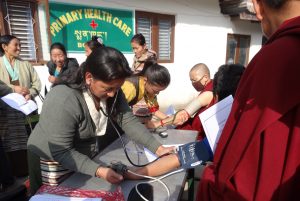
The project will be overseen for the Department of Health by the Snow Lion Foundation (SLF) in Nepal, which administers 12 Tibetan schools, 12 health posts and a seniors’ home. TRAS has had a good relationship with the SLF for many years, helping with several of its projects.
Project total $14,000 A Big Thank You to everyone that helped us achieve our goal.
Jan 7, 2020 Read here for update
May 3, 2021 Read here for current update

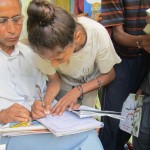
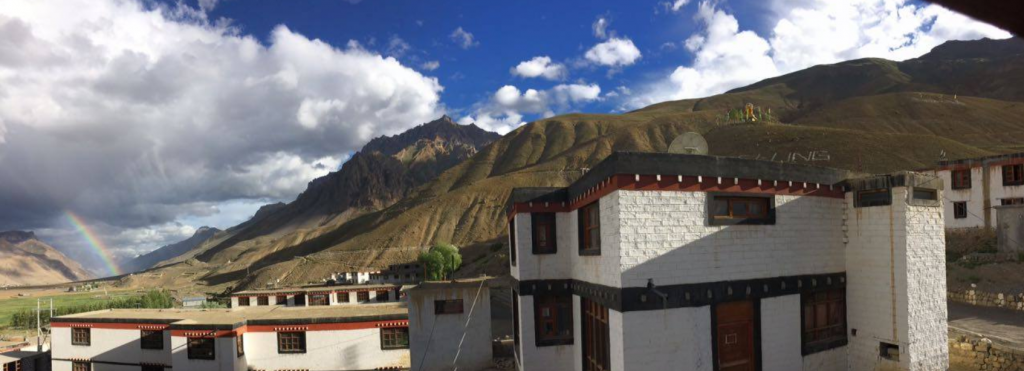

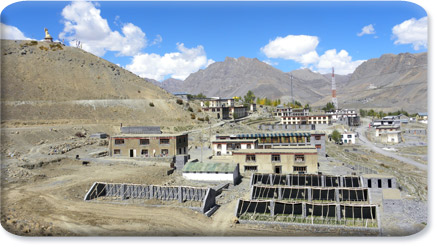
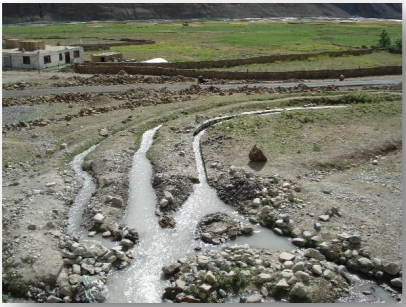
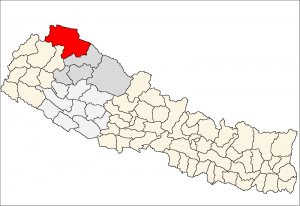
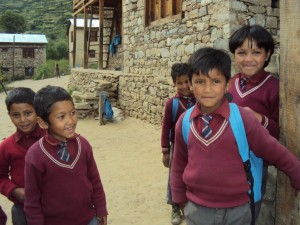
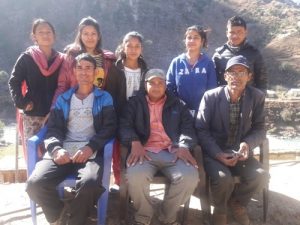
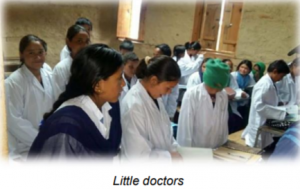 READI Nepal has extended its philosophy of cooperation to many other agencies, both government and private. This includes cooperation with the district health officer, to create the “Little Doctor” program, teaching basic first aid knowledge to the children. Similarly, the recent mayor of Simikot has expressed a great interest in the READI hostel, and plans to continue supporting their goals. READI has achieved more and more each year. We’ve included the major highlights of the 2017/18 annual report in our Spring 2018 Newsletter
READI Nepal has extended its philosophy of cooperation to many other agencies, both government and private. This includes cooperation with the district health officer, to create the “Little Doctor” program, teaching basic first aid knowledge to the children. Similarly, the recent mayor of Simikot has expressed a great interest in the READI hostel, and plans to continue supporting their goals. READI has achieved more and more each year. We’ve included the major highlights of the 2017/18 annual report in our Spring 2018 Newsletter 